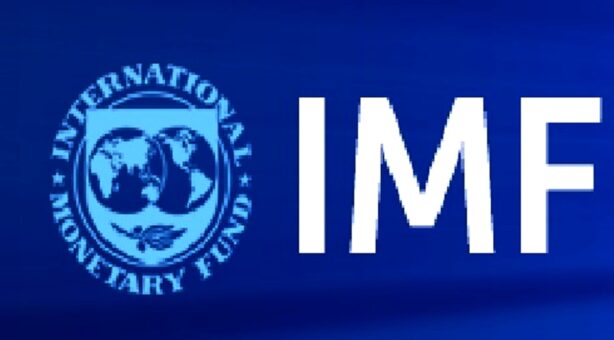KARACHI: The stock market fell by 104 points on Friday amid reports of Pakistan and International Monetary Fund (IMF) reached on a staff-level agreement.
The benchmark KSE-100 index of Pakistan Stock Exchange (PSX) Index closed at 37,984 points as against 38,087 points showing a decline of 104 points.
Analysts at Arif Habib Limited said that the market continued the path to recovery after melting yesterday and then later staging a comeback.
The index went up by 220 points and also saw -329 points, closing the session -104 points. Cement and Steel sectors remained the outperformers, with further price gains following yesterday’s performance. Banking sector scrips generally faced selling pressure with NBP bearing lower circuit, whereas BOP could post only nominal gain.
Continuous slide in international crude prices kept the E&P, OMCs and Refinery sector under pressure.
Cement sector topped the volumes with 48.3 million shares, followed by Banks (26.1 million) and O&GMCs (23.4 million). Among scrips, HASCOL realized 18.5 million shares, followed by MLCF (17.6 million) and UNITY (14 million).
Sectors contributing to the performance include E&P (-130 points), Banks (-90 points), Power (-32 points), O&GMCs (-16 points), Cement (+73 points), Fertilizer (+54 points), Pharma (+18 points).
Volumes increased from 147.9 million shares to 201.6 million shares (+36 percent DoD). Average traded value also increased by 23 percent to reach US$ 55.7 million as against US$ 45.1 million.
Stocks that contributed significantly to the volumes include HASCOL, MLCF, UNITY, BOP and DGKC, which formed 36 percent of total volumes.
Stocks that contributed positively include ENGRO (+39 points), LUCK (+34 points), MEBL (+29 points), FFC (+18 points) and SEARL (+17 points). Stocks that contributed negatively include HBL (-46 points), PPL (-45 points), OGDC (-41 points), MCB (-35 points), and POL (-31 points).






